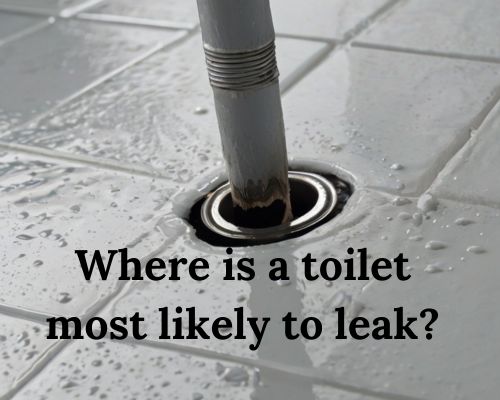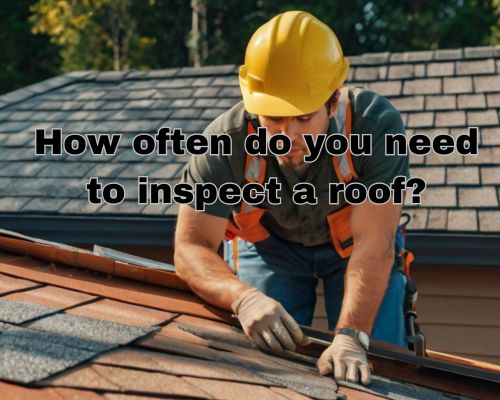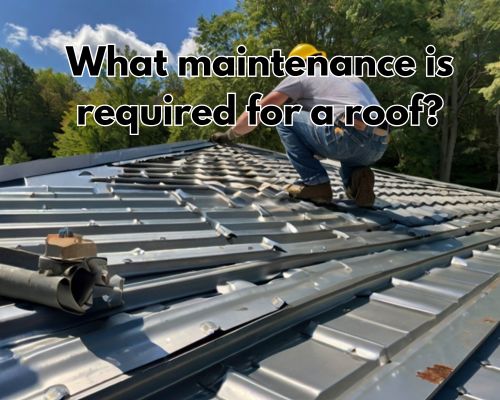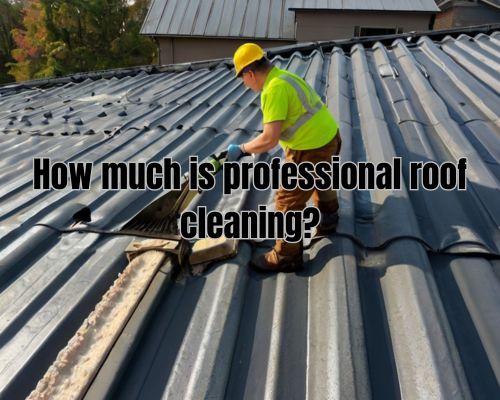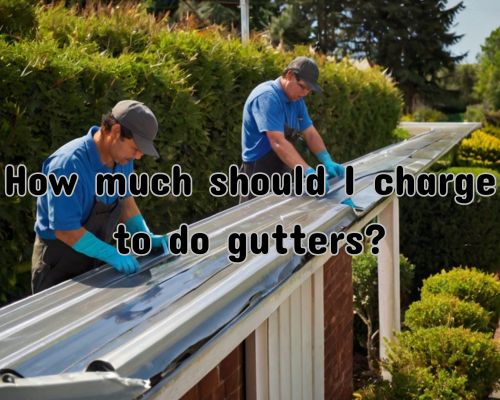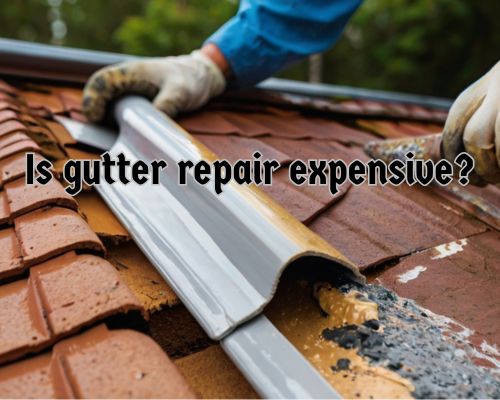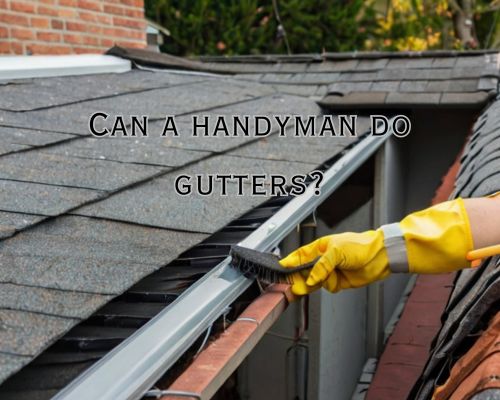How Do Plumbers Find Leaks Behind Walls in Warragul, Australia?
How Do Plumbers Find Leaks Behind Walls in Warragul, Australia?
Water leaks behind walls can lead to significant damage if left undetected. For residents of Warragul, Australia, the challenge of identifying and repairing such hidden leaks is a common concern. Fortunately, local plumbers employ advanced techniques and tools to locate leaks efficiently, minimizing damage and repair costs. With Plumber Warragul, let’s explore how plumbers in Warragul pinpoint leaks behind walls and why their expertise is crucial for maintaining your property’s integrity.
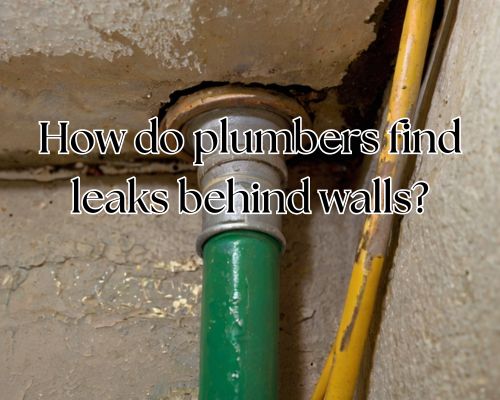
Signs of Hidden Water Leaks
Before calling a plumber, you may notice warning signs of a hidden leak. These include:
- Damp or Discolored Walls: Persistent damp patches or discoloration on walls often indicate water seepage.
- Musty Odors: Mold and mildew thrive in moist environments, producing unpleasant smells.
- Increased Water Bills: A sudden spike in your water bill could point to an unseen leak.
- Peeling Paint or Wallpaper: Water damage can cause paint to bubble or wallpaper to peel.
- Sounds of Running Water: Hearing water movement when taps are off might signal a hidden leak.
If you’ve observed any of these signs in your Warragul property, it’s time to call in professional help.
Advanced Tools Used by Plumbers in Warragul
Modern plumbers use a combination of cutting-edge technology and traditional methods to detect leaks behind walls. Here are the most common tools and techniques:
- Thermal Imaging Cameras Thermal imaging cameras detect temperature variations in walls caused by water. This non-invasive tool allows plumbers to pinpoint leaks without unnecessary damage to the structure.
- Acoustic Leak Detectors These devices amplify the sound of water moving through pipes, helping plumbers identify the exact location of a leak behind walls.
- Moisture Meters Moisture meters measure the level of dampness in walls, floors, and ceilings. This tool is particularly useful for determining the extent of water damage.
- Pipe Inspection Cameras Small, flexible cameras are inserted into pipes to provide a live video feed, revealing leaks, blockages, or structural issues.
- Pressure Testing By testing the water pressure in your system, plumbers can identify inconsistencies that suggest leaks.
Why Hire Local Warragul Plumbers?
While some homeowners may attempt DIY solutions, professional plumbers in Warragul especially in Plumber Warragul offer several advantages:
- Local Knowledge: Warragul’s unique climate and soil conditions can influence plumbing systems. Local plumbers understand these factors and tailor their approach accordingly.
- Specialized Equipment: Professional plumbers have access to advanced tools that most homeowners lack.
- Cost-Effective Solutions: Identifying the leak’s source accurately prevents unnecessary repairs, saving time and money.
- Compliance with Australian Standards: Licensed plumbers ensure all repairs meet Australian plumbing codes and regulations.
Preventing Leaks Behind Walls
Regular maintenance can reduce the likelihood of hidden leaks. Here are some tips for Warragul homeowners:
- Monitor Water Pressure: High water pressure can strain pipes, increasing the risk of leaks.
- Inspect Plumbing Fixtures: Periodically check faucets, showerheads, and appliances for signs of wear or damage.
- Maintain Gutters and Downpipes: Blocked gutters can lead to water seepage into walls.
- Schedule Regular Plumbing Inspections: Annual inspections by a Warragul plumber can help identify potential issues early.
The Impact of Hidden Leaks
Failing to address hidden leaks can result in:
- Structural Damage: Prolonged water exposure weakens walls, floors, and ceilings.
- Mold Growth: Mold not only damages surfaces but also poses health risks.
- Higher Utility Bills: A continuous leak can waste hundreds of liters of water each month.
- Decreased Property Value: Water damage can reduce your home’s market appeal and value.
Choosing the Right Plumber in Warragul
When selecting a plumber, look for these qualities:
- Experience: Choose a plumber with a proven track record of handling complex leak detection jobs.
- Licensing and Insurance: Ensure the plumber is licensed and insured to operate in Warragul.
- Positive Reviews: Check online reviews and testimonials from other Warragul residents.
- Transparent Pricing: A reliable plumber will provide a clear and detailed quote.
Conclusion
Detecting and repairing leaks behind walls is a task best left to professionals. In Warragul, Australia, local plumbers use advanced technology and their expertise to resolve hidden leaks efficiently. By staying vigilant for warning signs, scheduling regular inspections, and trusting experienced professionals, you can protect your home from costly water damage and ensure a safe, dry living environment.
If you suspect a hidden leak in your Warragul property, don’t wait for the problem to escalate. Contact a trusted local plumber today to safeguard your home and peace of mind.
